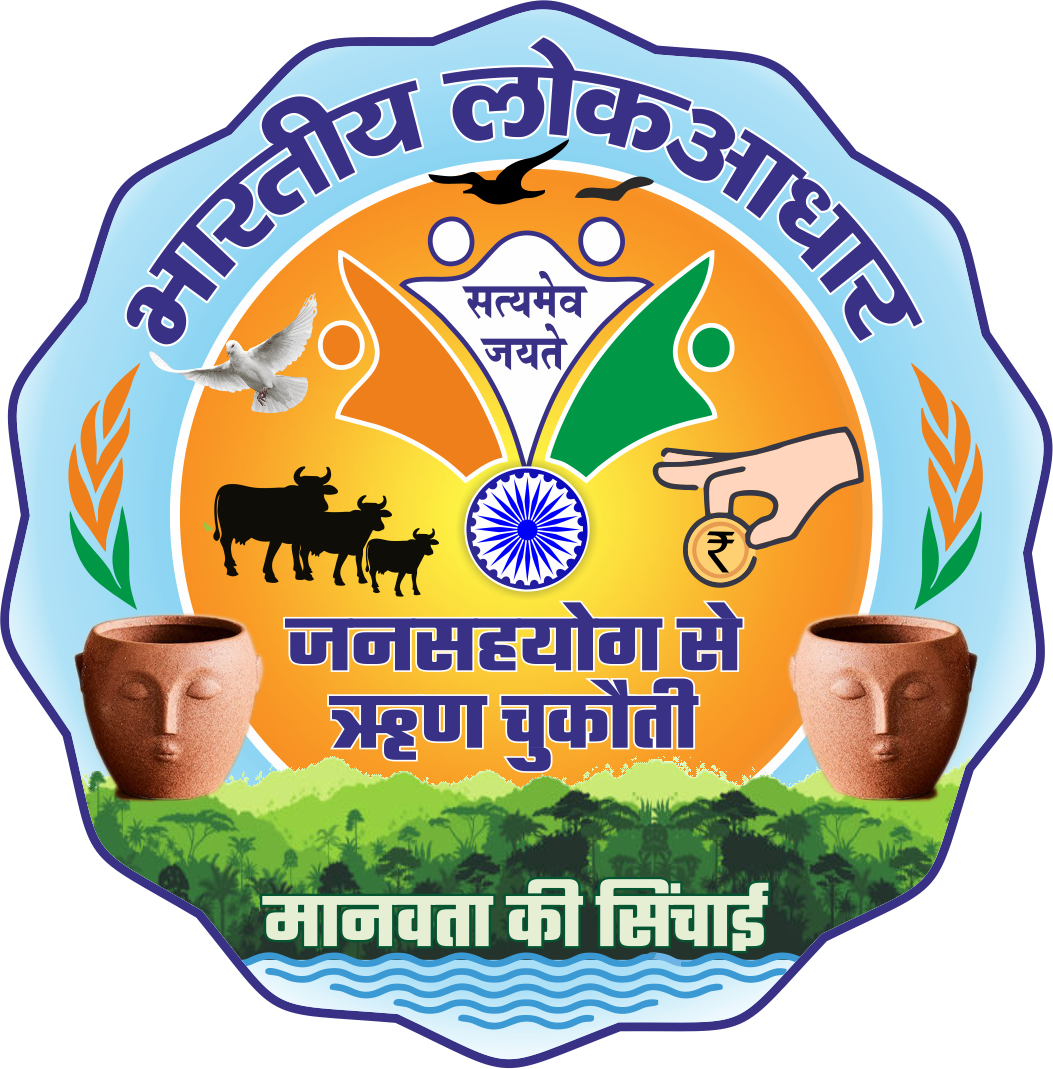Vinayak Damodar Savarkar "Father of History of Independence"
His extradition to India, and eventual double life sentence in the infamous Kalpani Jail, marked one of the darkest chapters in Savarkar's life. Reportedly, he was chained, flogged and resigned to six months of solitary confinement, unlike countless political prisoners who were driven to insanity or committed suicide, Savarkar showed remarkable resilience and was finally rewarded in January 1924.
Vinayak Damodar Savarkar Hero of 'History of Indian Independence War'
Sentenced to double life in the notorious Kala Pani prison in the Andaman and Nicobar Islands, he was chained, flogged and resigned to six months of solitary confinement. Tied to a mill, he was forced to extract oil all day long, while being denied even the basic facilities of a toilet or water. According to some accounts, he was forced to eat rotten food, often infested with worms and insects, as punishment for 'crimes' against the government.
In his book Savarkar: Echoes from a Forgotten Past, 1883–1924, Vikram Sampat documents how Savarkar appealed that "every true Indian must resolve to free himself from the…seven bonds", i.e. Vedoktabandi (specificity) access to Vedic literature, Vayavabandi (continuation of occupation by birth), Sparshabandi (practice of untouchability), Samudrabandi (forbidden to cross the sea to go abroad), Shuddhibandi (refusal of conversion to Hinduism), Rotibandi (custom of inter-caste meals), Betibandi (strictness in canceling inter-caste marriages). These reformist ideas later became provisions in the Constitution of India. Savarkar also wrote, "In what is meant by the 'low caste' - Mahar - we have had eminent saints like Chokha Mela and brilliant thinkers like Dr. Ambedkar, whose piety and intellect are behind many a Brahmin."

